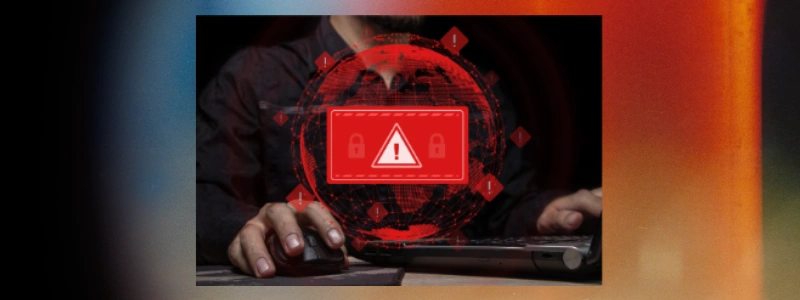How To Recognize eCheck Fraud
Published: November 22, 2023

 by Janet Bargewell and Shannon Falter, GiveDirect Support
by Janet Bargewell and Shannon Falter, GiveDirect Support
You may be familiar with fraudsters testing lists of stolen credit card numbers on your donation form. Another form of fraud we sometimes see is the eCheck scam. Here are a few things you need to know to avoid this form of fraud.
What is eCheck fraud?
When nonprofits are targeted for eCheck fraud, someone makes a donation - usually a large one - using the eCheck payment method on your donation form. Unlike a credit card transaction, which can be verified by the card issuer within seconds, an eCheck may take a week to be verified through the banking system. Before the eCheck clears the bank, the person contacts you to say they've changed their mind about the donation or to give you a really sad story about someone else making an unauthorized donation. The person then asks either for a full or a partial refund. They are counting on your sympathy and compassion and hoping you will cut a paper check for the refund and mail it to them.
If you fall for the fake donor's story, it will probably only be to find out that the eCheck bounces. In this case, you have collected no money from the original donation and you have sent money to the fraudster.
How do you avoid this scam?
Never write a paper check for a refund for any donation made from your GiveDirect donation form. If someone makes a donation on your donation form and asks for a refund, only issue a refund back using the refund option in your GiveDirect control panel.
When dealing with eCheck donations, wait until the eCheck has completely cleared the issuing bank before processing a refund. Seven business days is the typical time frame. But, if you feel you are dealing with someone who is trying to pull a scam, it would not be out of line to wait up to 10 business days.
Depending on the timing of the donation (say one that is made the last few days of the month) you may receive funds from the eCheck transaction in your 10th-of-the-month deposit, along with the rest of your donations. But until at least seven days have passed, there is no assurance that an eCheck might not bounce and your account debited for the transaction.
This scam can also occur with credit card donations. A donor can process a donation, file a chargeback with the card issuer, and then request a refund from you. If you're not careful, the donor might collect the chargeback as well as a refund.
Before issuing a credit card refund, make sure to ask if a donor has requested a chargeback with their card issuer. If a chargeback has been filed, let the chargeback process run its course - DO NOT issue a refund. Often, the processor will reverse a chargeback if it can be proven that a refund has also been submitted, but this is not guaranteed.
What if you have already fallen prey to a scammer? What next?
If you've already written a check to a potential scammer and they haven't cashed it yet, call your bank to put a hold on the payment. Business entities have 2 days from the transaction date to put a stop payment on their check.
If you are unable to stop the check, there is little to be done, except to learn from the mistake.
Final Thoughts
It can be very frustrating to deal with fraudulent activity and scams, but hopefully these tips will help you protect your organization.
Stay watchful and alert so you will be less likely to become a victim of a scam.